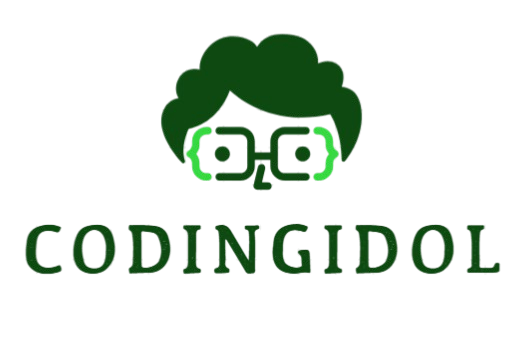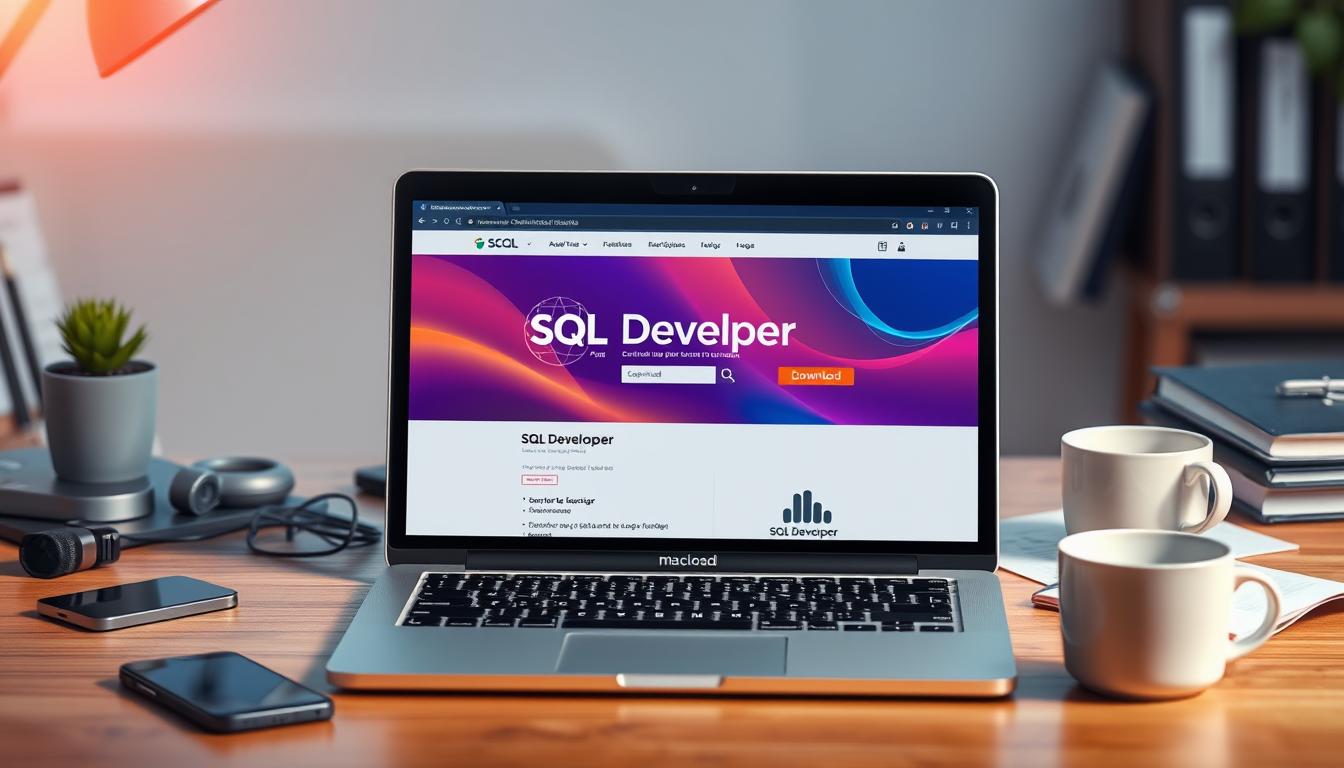Have you ever wondered how mastering SQL can transform your career without costing you a dime? Learning SQL for free is possible, thanks to a myriad of SQL resources available online. Whether you’re delving into data analysis, database management, or software development, free SQL courses and tutorials can set you on the path to success. In this article, you’ll discover the best platforms, interactive learning opportunities, and more, all aimed at helping you learn SQL for free and enhance your skills effectively.
Understanding the Basics of SQL
Grasping the SQL basics is essential for anyone looking to delve into database management. SQL serves as the standard means of communication with databases, enabling you to manipulate and retrieve data efficiently. Begin by familiarizing yourself with fundamental concepts such as tables, data types, and overall query structure. A strong understanding of SQL syntax is crucial in crafting valid commands.
Key SQL functions and clauses play a significant role in data handling. For example:
- SELECT: Retrieves data from one or more tables.
- INSERT: Adds new records into a table.
- UPDATE: Modifies existing records based on specified criteria.
- DELETE: Removes records from a table.
- WHERE: Specifies conditions for filtering records.
- JOIN: Combines rows from two or more tables based on related columns.
These functions form the backbone of your SQL queries and will empower you to execute complex operations efficiently. Numerous online resources and tutorials are available to guide you through these initial learning stages, enhancing your grasp of SQL syntax and functionality.
Engagement with interactive platforms can further solidify your understanding of SQL basics. Practicing SQL queries hands-on will enable you to apply the knowledge acquired, creating a strong foundation for advanced topics. Embrace these learning opportunities to develop your skills effectively.
Best Online Platforms for Learning SQL
Learning SQL has never been easier with the multitude of online platforms dedicated to providing high-quality education. You can find various online SQL courses that cater to different learning styles and preferences. Platforms such as Coursera, edX, and Khan Academy stand out as some of the best platforms for SQL. These websites provide structured learning paths that guide you through both basic and advanced SQL concepts.
Each of these platforms features instructional videos accompanied by interactive exercises and quizzes. This format allows you to test your knowledge after each topic, reinforcing what you’ve learned. If you prefer hands-on practice, Codecademy and W3Schools are excellent choices. Both platforms offer a mix of written tutorials and interactive coding environments, making it easy for you to apply what you’ve learned in real-time.
Utilizing these free SQL resources can significantly enhance your learning experience. They address the different ways people absorb information while ensuring that you gain a solid understanding of SQL essentials.
| Platform | Type of Courses | Interactive Features | Certification |
|---|---|---|---|
| Coursera | Structured SQL courses | Quizzes and assignments | Yes |
| edX | University-level SQL courses | Interactive labs and exercises | Yes |
| Khan Academy | Introductory SQL courses | Practice exercises | No |
| Codecademy | Hands-on SQL programming | Interactive coding environment | Yes |
| W3Schools | Self-paced tutorials | Try-it-yourself editor | No |
How to Learn SQL for Free
Learning SQL can be an enriching experience, especially with the multitude of resources available for free. You can access various platforms and tutorials that allow you to deepen your knowledge without incurring any costs. Understanding how to leverage these resources will help you efficiently learn SQL and apply your newfound skills in real-world scenarios.
Utilizing Free Courses and Tutorials
To maximize your learning potential, explore numerous options for free SQL tutorials. Websites like FreeCodeCamp and SQLZoo stand out by providing comprehensive content that covers both foundational and advanced topics. You can engage with practice problems and examples, which solidify your understanding as you progress through the material. Institutions such as universities offer free learn SQL courses via platforms like OpenCourseWare, giving you valuable access to quality educational content that fits your schedule.
Taking Advantage of Interactive Learning
Interactive SQL learning enhances your grasp of complex concepts by encouraging active participation. Platforms like DataCamp and Mode Analytics feature environments where you can write SQL queries in real-time, receiving immediate feedback that aids in your comprehension. These resources frequently gamify the experience, making learning feel less daunting while boosting your enthusiasm. For those seeking to sharpen their skills further, engaging in SQL coding practice through coding challenges on sites like HackerRank or LeetCode offers a rewarding way to apply what you’ve learned in practical scenarios.
Utilizing YouTube for SQL Learning
YouTube serves as an invaluable resource for anyone interested in SQL video learning. It hosts a variety of channels dedicated to SQL tutorials, making it easier to grasp both basic and advanced concepts. Leveraging the wealth of YouTube SQL resources can greatly enhance your understanding of SQL through engaging visuals and practical examples.
Recommended SQL Channels
Several SQL channels stand out for their quality content and instructional style. Notable channels include:
- Academind: Offers in-depth tutorials on SQL topics and is perfect for both beginners and advanced learners.
- Traversy Media: Known for its clear explanations, this channel provides a thorough exploration of different SQL databases.
- Corey Schafer: Features comprehensive videos that break down complex SQL concepts into easy-to-understand lessons.
How to Create a Learning Plan Using Videos
Creating an effective SQL learning plan can maximize your progress. Follow these strategies:
- Set Goals: Determine which SQL topics you want to explore based on your interests and career objectives.
- Curate Videos: Select relevant videos from your preferred SQL channels to cover each topic systematically.
- Develop a Study Schedule: Establish a regular SQL study schedule to watch videos and practice exercises consistently.
- Engage Actively: Follow along with the tutorials while coding to solidify your understanding and improve your skills.
Engaging with SQL Communities
Connecting with SQL communities can greatly enhance your journey to learn SQL. Online platforms such as Stack Overflow and Reddit’s r/SQL serve as valuable SQL forums where you can seek help, share knowledge, and engage with fellow learners. These discussions often unfold real-world applications of SQL, providing insight into troubleshooting common issues.
Additionally, participating in industry-specific groups on LinkedIn can open doors to networking opportunities. Engaging with others in SQL communities offers the chance to connect with experienced professionals who can guide you. Attending local meetups strengthens these connections and cultivates an environment for learn SQL collaboration.
Recommended Books and eBooks on SQL
Books and eBooks offer structured learning that can significantly enhance your understanding of SQL. A few noteworthy SQL books include “SQL For Dummies,” which breaks down complex concepts into digestible sections, and “Learning SQL” by Alan Beaulieu, known for its thorough explanations and practical examples. These resources provide SQL learning materials essential for grasping syntax and core principles.
If you lean towards digital formats, explore platforms like O’Reilly and Packt Publishing. They feature a variety of SQL eBooks covering everything from fundamental concepts to advanced techniques. Accessing these SQL eBooks often comes at no cost, making them a great choice for developers at any stage.
| Title | Author | Type | Key Features |
|---|---|---|---|
| SQL For Dummies | Allen G. Taylor | SQL Book | Beginner-friendly, clear explanations, practical examples |
| Learning SQL | Alan Beaulieu | SQL Book | Comprehensive guide, hands-on exercises, covers fundamentals |
| SQL Cookbook | Anthony Molinaro | SQL Book | Problem-solving focus, practical tips, real-world scenarios |
| SQL in 10 Minutes, Sams Teach Yourself | Ben Forta | SQL Book | Quick learning, practical examples, concise lessons |
| Learning SQL | 1 O’Reilly | SQL eBook | Digital format, covers basics and advanced topics |
| SQL for Data Analysis | Udacity | SQL eBook | Focus on data analysis, real-world applications, free access |
Practical Projects to Enhance Your Skills
Engaging in SQL projects is crucial for solidifying your understanding of SQL concepts. Start with simple tasks to practice SQL coding, such as creating a database for a personal library, tracking your expenses, or managing a contact list. These projects not only allow you to familiarize yourself with the syntax but also help you grasp how to structure a database effectively.
Once you feel comfortable with the basics, consider advancing to more complex SQL projects. For instance, designing a database for a small business or analyzing data sets from public sources can significantly enhance your SQL skills. Public datasets, available on platforms like Kaggle, offer excellent opportunities to work on real-world scenarios where you can implement SQL commands and clauses.
By working on practical projects, you will develop valuable problem-solving skills while simultaneously enhancing your resume with tangible experience. These projects can showcase your ability to apply SQL knowledge, making you a more competitive candidate in the job market. Dive into practical applications, and you’ll find that applying your SQL skills in real-life contexts is both rewarding and informative.
FAQ
What are the best resources to learn SQL for free?
You can access a variety of free SQL resources such as Coursera, edX, and YouTube channels like Academind and Traversy Media. Sites like FreeCodeCamp and SQLZoo also offer comprehensive tutorials, exercises, and practice problems at no cost.
What are the basic concepts I need to understand when starting SQL?
Familiarizing yourself with SQL basics is crucial. Key concepts include SQL syntax, tables, data types, and query structures. Important functions and commands like SELECT, INSERT, UPDATE, DELETE, WHERE, and JOIN are foundational to your learning journey.
Are there any interactive platforms for practicing SQL?
Yes, platforms like DataCamp and Mode Analytics offer interactive coding environments where you can write SQL queries and receive instant feedback. Challenge sites like HackerRank and LeetCode also provide opportunities to engage in SQL coding practice and compete with others.
How can I effectively use YouTube to learn SQL?
YouTube hosts numerous channels with SQL tutorials, such as Corey Schafer and Traversy Media. To maximize your learning, create a learning plan that outlines your goals and a schedule for watching relevant videos while practicing coding along with the tutorials.
Why should I engage with SQL communities?
Engaging in SQL communities like Stack Overflow and Reddit’s r/SQL can enhance your understanding by allowing you to ask questions, share insights, and learn about real-world SQL applications. Networking through LinkedIn or local meetups also offers mentorship opportunities from experienced professionals.
What books or eBooks are recommended for SQL learners?
Recommended books include “SQL For Dummies” and “Learning SQL” by Alan Beaulieu. If you prefer eBooks, platforms like O’Reilly and Packt Publishing provide free resources covering various aspects of SQL, from fundamentals to advanced techniques.
Can you suggest practical projects to improve my SQL skills?
Start with simple projects like building a personal library database or tracking expenses. As you gain experience, try more complex tasks like designing a business database or analyzing public datasets using tools like Kaggle to apply what you’ve learned and enhance your portfolio.
- How to Download SQL Developer on Mac – October 3, 2024
- How to Create an Index on SQL Server – October 3, 2024
- How to Create a Non-Clustered Index on Table in SQL Server – October 3, 2024





Leave a Reply